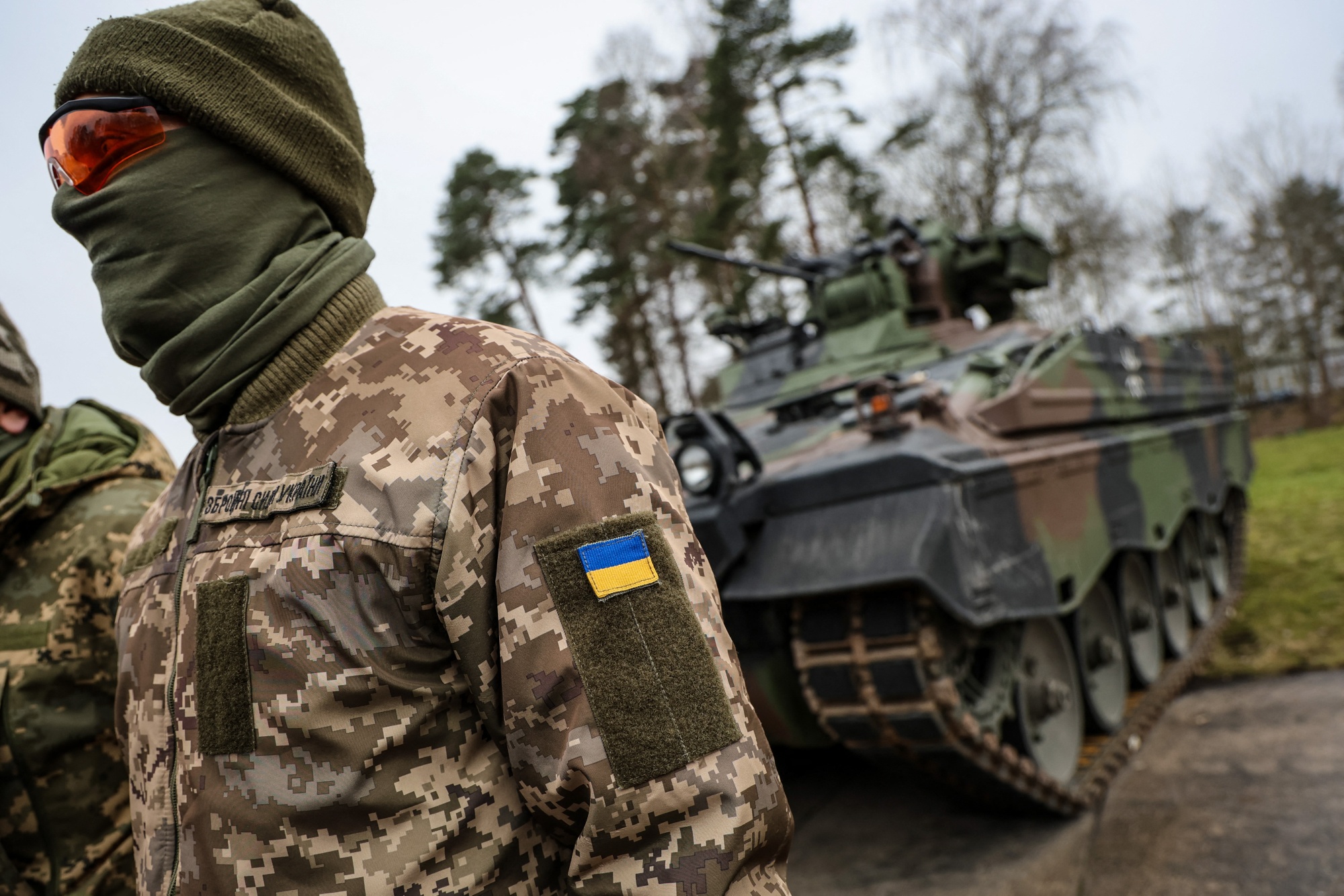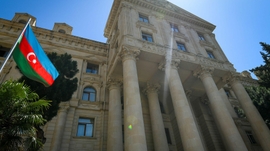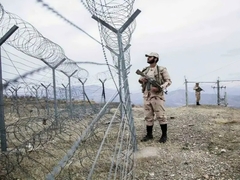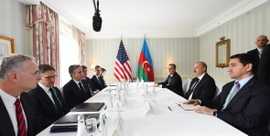Germany is set to double its military aid to the war-torn Ukraine next year. Chancellor Olaf Scholz's governing coalition, comprising the Social Democrats, the Free Democrats, and the Green party, has made the decision to allocate eight billion euros (approximately $8.5 billion) for Ukraine's defense, doubling the initial four billion euros outlined in the federal budget.
Ahead of a formal meeting of the Bundestag's budget committee, the governing coalition has agreed to intensify negotiations over the proposed federal budget for 2024, Bloomberg reported on Sunday.
If approved by the parliament, where coalition parties hold a majority, the increased allocation would raise Germany's defense spending to 2.1 percent of its gross domestic product (GDP), surpassing the two percent target pledged by all NATO members.
A political source in Berlin revealed that the budget committee of the Bundestag is expected to approve the additional four billion euros next week.
In an interview with ARD, German Defence Minister Boris Pistorius referred to the planned doubling of military aid to Ukraine as a “strong signal.”
“It is a strong signal to Ukraine, showing we are not giving up on it,” Pistorius said. He added that if agreed upon, the enhanced budget allocation would be sufficient to cover the entire year.
Germany has consistently been Ukraine's leading military supporter in Europe and the second largest globally, after the United States, as Scholz revised the nation's historical stance of never sending weapons to conflict zones.
Data compiled by the Kiel Institute for the World Economy indicates that Germany has channelled over 17 billion euros ($18.1 billion) in military aid to Ukraine, including Leopard 2 main battle tanks, Marder armoured infantry fighting vehicles, Iris-T and Patriot anti-missile systems, Gepard anti-aircraft guns, and multiple-rocket launchers.
Scholz announced the 100-billion-euro fund to boost the strength of the country’s armed forces three days after Russia invaded Ukraine in February 2022. For the first time in more than thirty years, this is expected to bring Germany's defense budget to more than two percent of GDP.
The Arrow air defense system from Israel, the F-35 fighter jets from Lockheed Martin Corp., and the heavy-lift Chinook helicopters from Boeing Co. are part of the procurement plan.
The increase in military expenses comes amid strained diplomatic relations between Germany and Russia. Previously, the two nations have maintained strong economic ties, particularly in the energy sector, with Germany heavily relying on Russian gas.
However, since Russia's "special military operation" in Ukraine in February 2022, Germany, along with other EU countries, imposed sanctions on Russia, prompting reciprocal measures. In spring 2022, Germany declared several Russian diplomats persona non grata, citing concerns about heightened Russian espionage targeting German companies and strategic infrastructure, particularly in the energy, rail, and road sectors.







 U.S. Secretary of State Antony Blinken reiterated Washington’s unwavering support for the ongoing peace process between Azerbaijan and Armenia in a...
U.S. Secretary of State Antony Blinken reiterated Washington’s unwavering support for the ongoing peace process between Azerbaijan and Armenia in a...
 The Iranian and Cuban transport ministers have discussed expanding maritime and air transportation cooperation.
The Iranian and Cuban transport ministers have discussed expanding maritime and air transportation cooperation.
 Kyrgyzstan has joined the extensive reconstruction efforts in the Karabakh region of Azerbaijan, after a series of mega initiatives were launched b...
Kyrgyzstan has joined the extensive reconstruction efforts in the Karabakh region of Azerbaijan, after a series of mega initiatives were launched b...
 Iran is moving to fortify its eastern border with Afghanistan in a bid to fight illegal migration and drug trafficking, along with enhancing security.
Iran is moving to fortify its eastern border with Afghanistan in a bid to fight illegal migration and drug trafficking, along with enhancing security.



